Geopolitical Factors Behind the Resumption of Oil Exports by the Kurdistan Region
.jpg)
2024-12-22 09:25:52
Draw media
Dr.Sarwar Abduallah/ KFuture
The long-standing conflict over oil between the Kurdistan Region of Iraq (KRI) and Baghdad has grown increasingly complex in recent years. In February 2022, the Iraqi Supreme Court invalidated the Kurdistan Region’s oil and gas law, declaring it “unconstitutional.” This legal decision escalated tensions. Subsequently, in March 2023, a Paris Arbitration Tribunal ruled in favor of Baghdad in a dispute with Turkey concerning the Iraq-Turkey Pipeline, which the KRG had been using for its oil exports. These rulings effectively halted the export of approximately 400,000 barrels of oil per day, restricting access to international markets and exacerbating the resource-related discord.
During a session led by Iraqi Prime Minister Mohammed Shia’ al-Sudani last month, the Council of Ministers approved a proposal to revise Article 12 of the Iraqi budget law. This article had initially set the cost of oil production at $6.90 per barrel—a rate that had been a point of contention between Erbil and Baghdad. The Iraqi government agreed to amend sections of the federal budget to allow compensation for companies operating in oil production and transportation in the Kurdistan Region, establishing a payment rate of $16 per barrel. This move could pave the way for restarting oil exports from the Kurdistan Region. While the proposal is yet to be finalized by the Iraqi parliament, its geopolitical significance is clear: resuming KRI’s oil exports could strengthen its role as a vital energy supplier in the global market.
A critical question arises: why is resuming KRI’s oil exports so important for Iraq at this moment? This short piece argues that the resumption of oil exports from the Kurdistan Region of Iraq (KRI) is driven by a complex interplay of geopolitical considerations that extend beyond the local economy to regional and international dynamics.
The Geopolitical and Economic Context
While Kurdish oil exports might not significantly influence global oil prices, they represent an important energy resource for Europe. The disruption in exports has already cost the Kurdistan Regional Government (KRG) over $20 billion in financial losses. Kurdistan’s Prime Minister, Masrour Barzani, highlighted this plight at the Middle East Peace and Security Conference in Duhok on November 24, stating: “Almost every month we lose a billion. So, it’s over $20 billion that we’ve lost as a result of the exports.”
Similarly, at the MERI Forum in Erbil on October 30, Kurdistan Region President Nechirvan Barzani pointed out that Iraq has suffered a loss of $15 billion since the closure of the pipeline from the Kurdistan Region, urging Baghdad to approach this issue from an economic perspective.
The Iraqi budget law initially set oil extraction and transportation costs at $6 per barrel in the KRI, creating a significant obstacle to oil exports. A potential solution involves both parties securing financial stability for oil companies operating in the Kurdistan Region, protecting the integrity of Kurdish oil fields, and allowing Iraq to reintroduce 400,000 to 500,000 barrels of oil back into the global market.
Budget Amendments and Their Implications
Earlier this month, the Iraqi government approved a proposal to amend articles in the federal budget, authorizing compensation for companies operating in the Kurdistan Region by setting the payment rate at $16 per barrel. In the meantime, Baghdad agreed to form an independent body within two months to determine cost payments. This amendment, if passed by parliament, would pave the way for the resumption of KRI’s oil exports to international markets via the Ceyhan pipeline.
The prevailing situation in Iraq primarily involves service contracts, with costs in certain areas like Gayara reaching $26 to $27 per barrel. This disparity raises the question of why companies are requesting only $20 for operations in the Kurdistan Region.
Regional and Global Geopolitical Dynamics
The urgency to resolve the conflict over Kurdish oil has increased due to its relevance in the global energy market, particularly amid geopolitical crises. The ongoing Israel-Palestine conflict and the enduring Russia-Ukraine war have heightened instability, driving oil prices higher. These dynamics underscore the need to address the Erbil-Baghdad dispute to restore oil flows and mitigate economic and geopolitical repercussions.
The limited availability of export routes for Baghdad’s oil shipments has also weakened its negotiating leverage with Turkey. The Iraqi government is exploring alternatives, including reviving dormant pipelines like the Iraq-Saudi pipeline leading to the Red Sea and initiating projects such as the Basra-Aqaba pipeline. Additionally, Baghdad, with support from Tehran and Moscow, is working to restore the Kirkuk-Baniyas oil pipeline, inactive since 1982. However, these alternatives face political and security challenges, making them long-term prospects rather than immediate solutions.
Strategic Importance of Diversifying Oil Routes
Iraq’s reliance on existing oil export routes exposes it to significant risks. For example, the interception of an Iraqi oil tanker by Iran in the Gulf of Oman underscores the vulnerability of current supply corridors. Developing new, secure oil export routes has become critical to addressing regional tensions and maritime security risks.
Turkey’s proximity to European markets offers a strategic advantage for Iraq, particularly as Europe seeks alternatives to Russian energy amidst the conflict in Ukraine. Additionally, oil revenues, which constitute over 90% of Iraq’s budget, necessitate prioritizing the resumption of KRI’s oil exports. Utilizing Kurdistan as a corridor for exporting oil from central and southern Iraq could further enhance Iraq’s economic and political stability.
The resumption of Kurdish oil exports under a revised framework represents a reconciliation between the KRG and the Iraqi federal government. By centralizing oil export agreements, Baghdad seeks to reinforce its constitutional authority while accommodating regional autonomy—critical for Iraq’s internal cohesion.
As Iraq aims to boost its oil production to nearly six million barrels per day over the next five years, diversifying export routes and ensuring internal stability will be essential. The Kurdistan Region’s oil exports are a strategic asset, bolstering national revenues for Baghdad while strengthening the KRG’s semi-autonomous status. Resuming exports aligns with broader efforts to stabilize global oil supply and secure Iraq’s role as a key energy supplier amid ongoing geopolitical tensions.







.png)

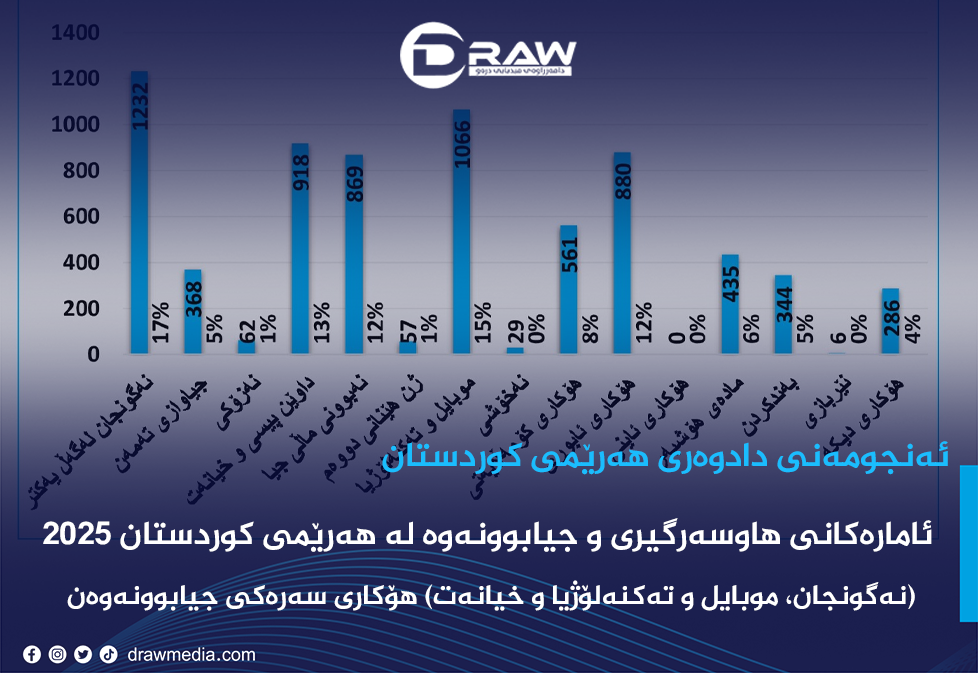
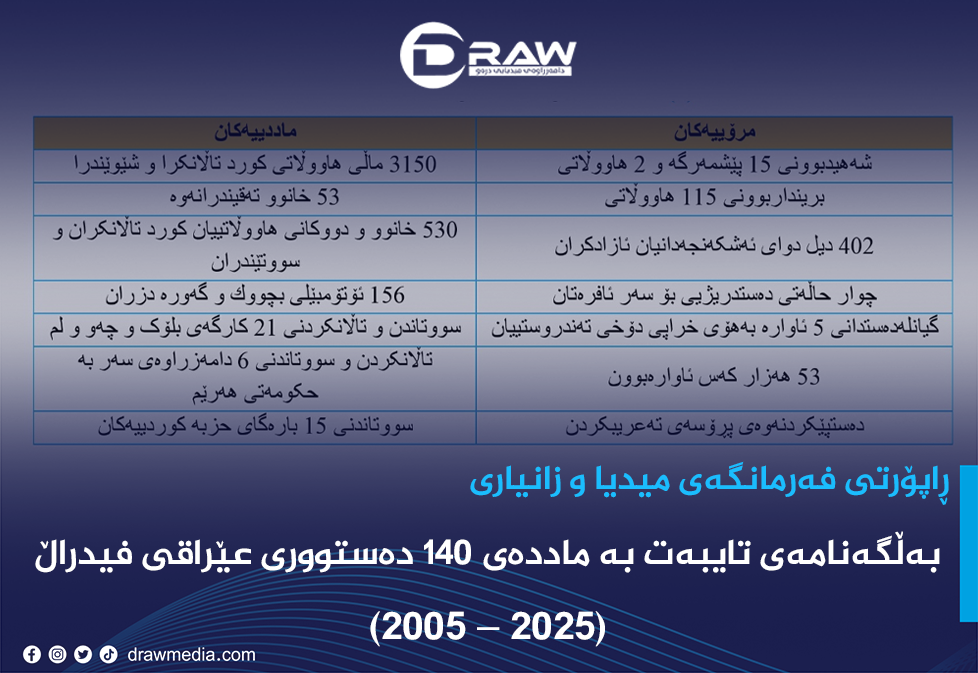
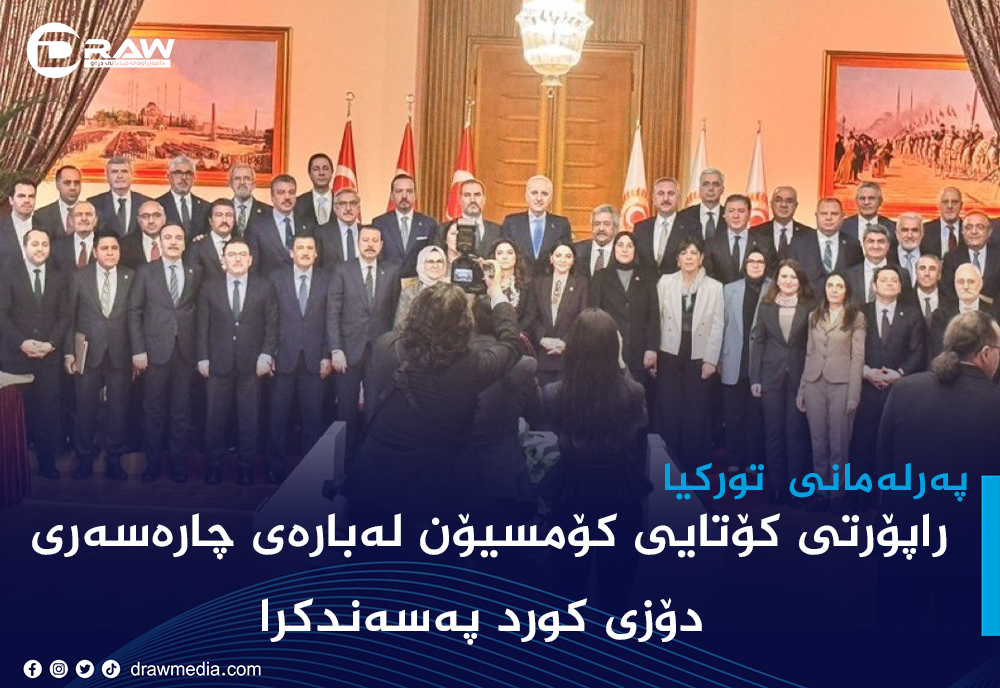
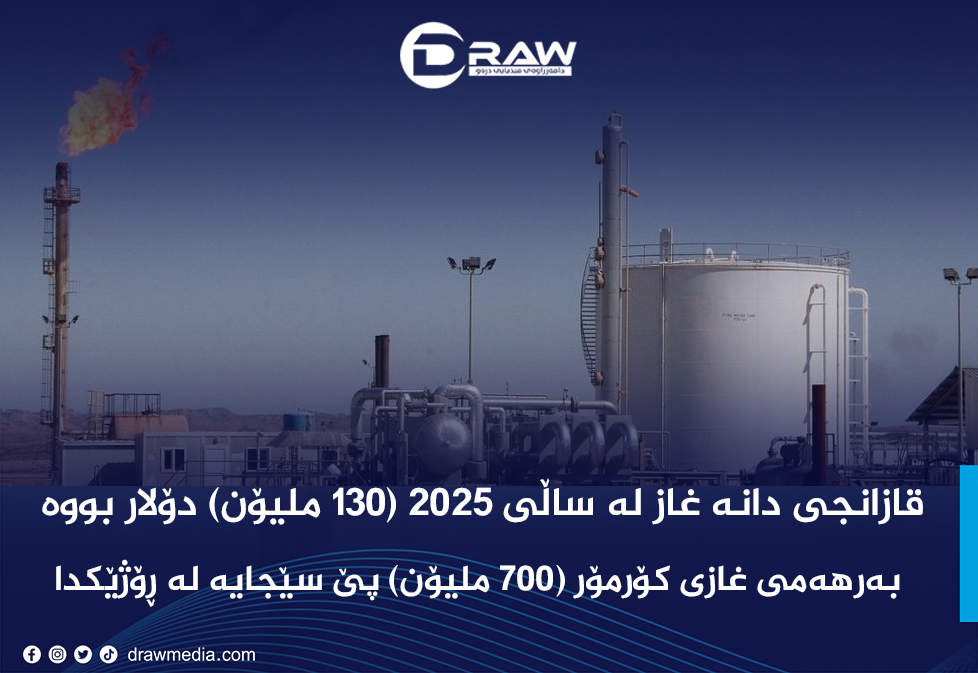
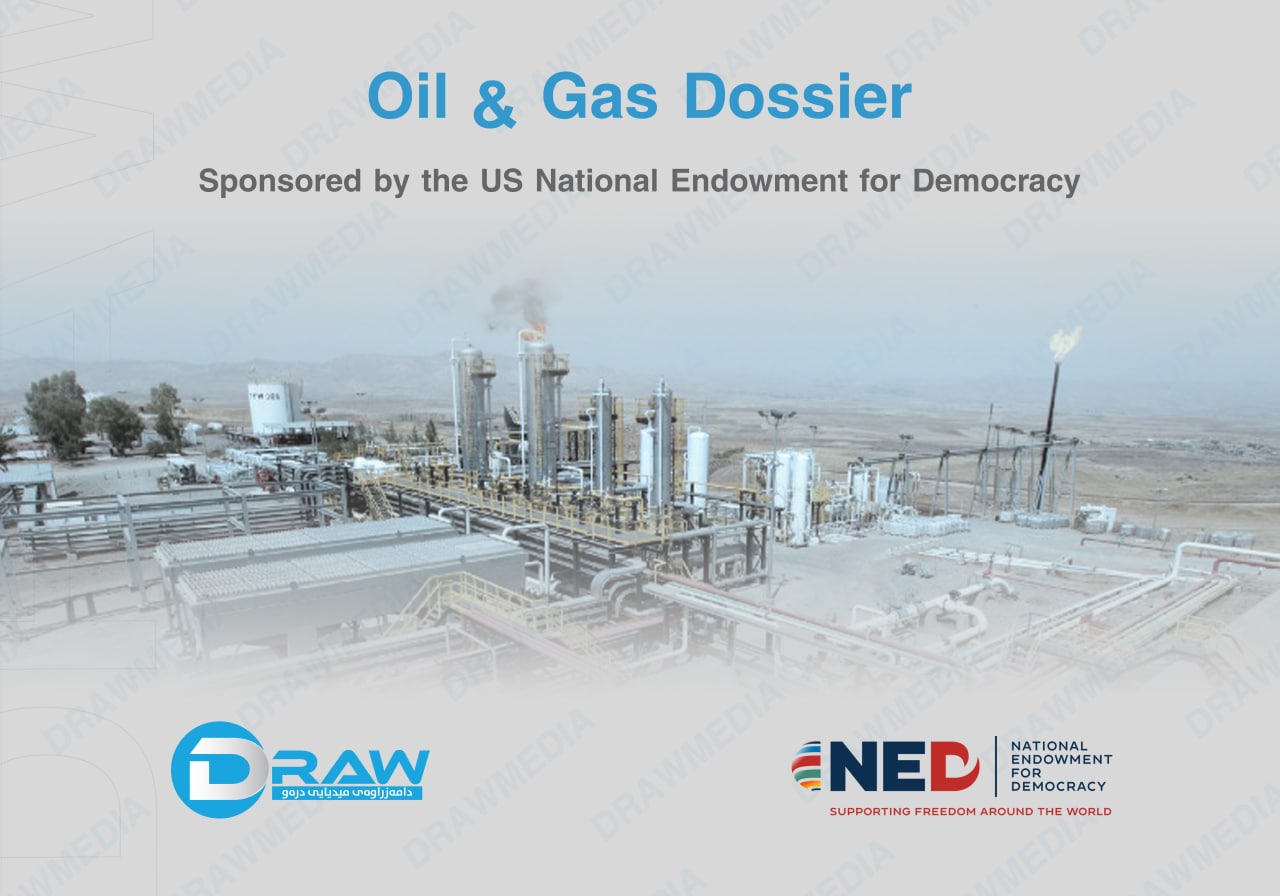
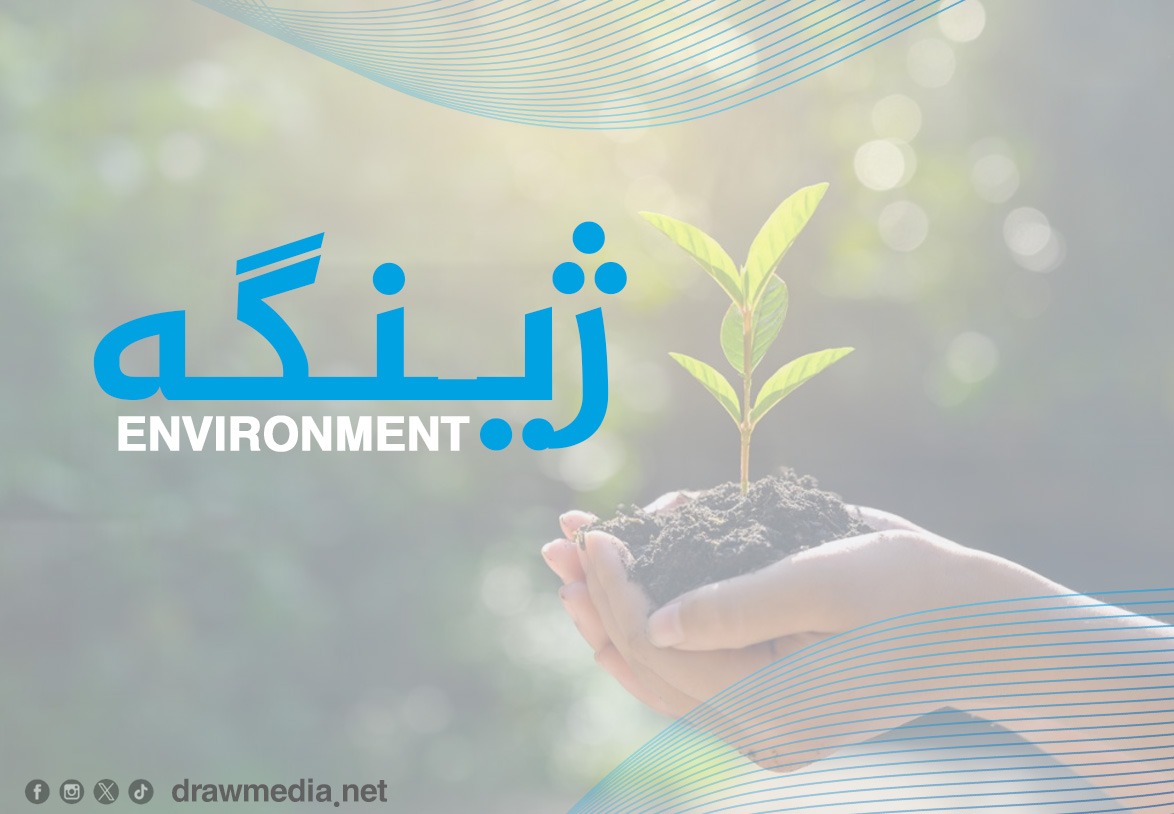
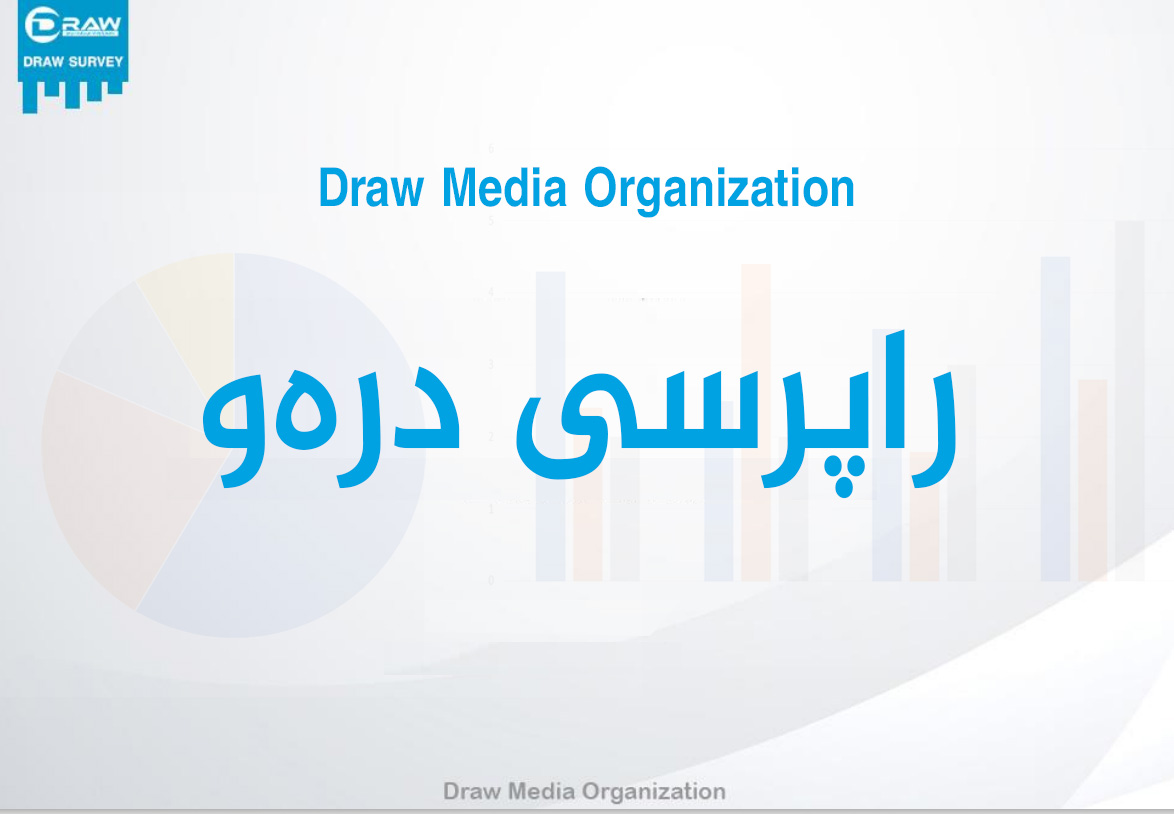


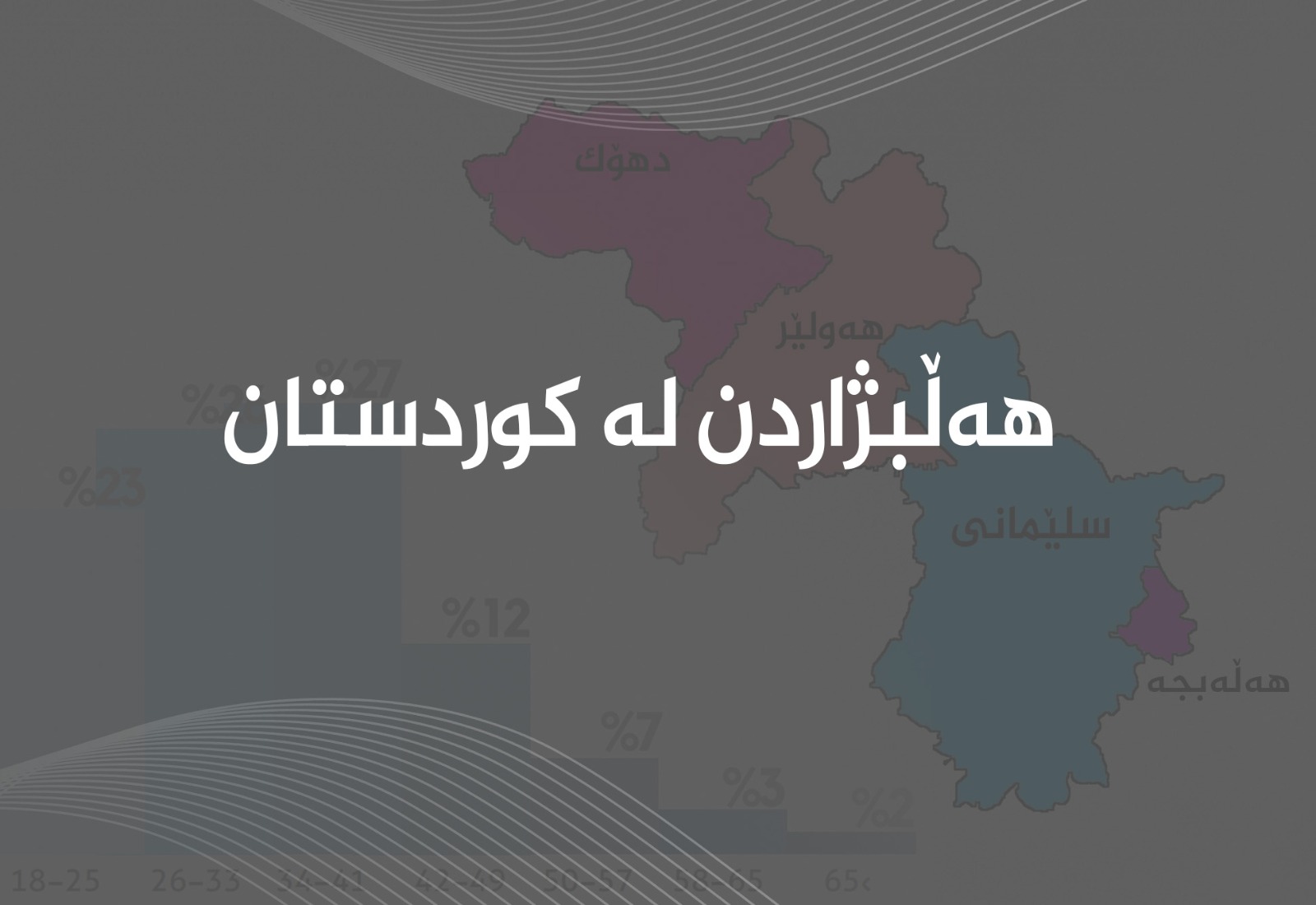
(1).jpg)
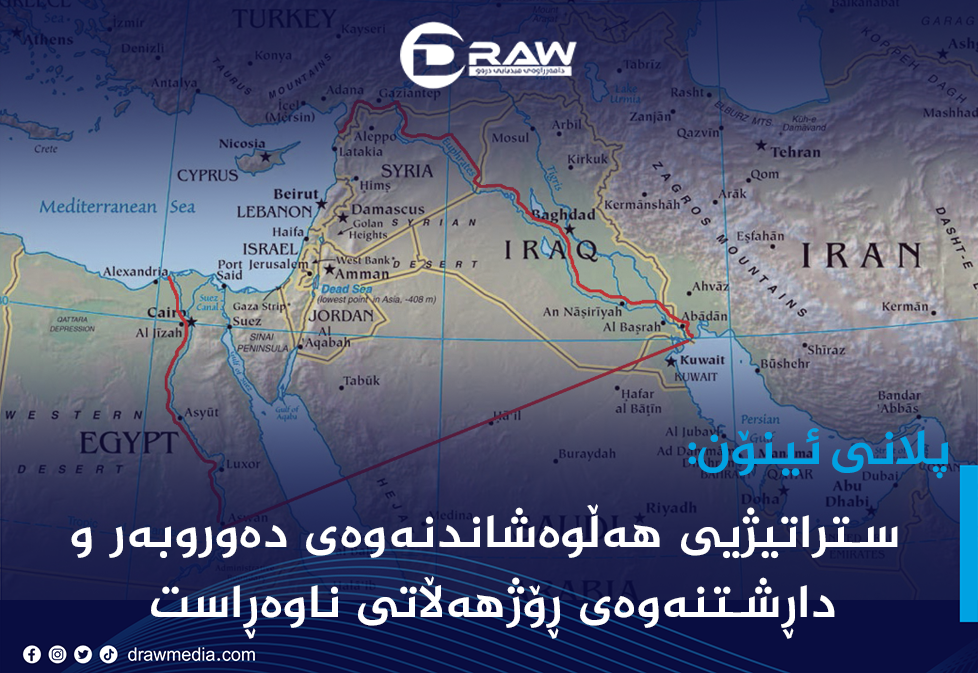
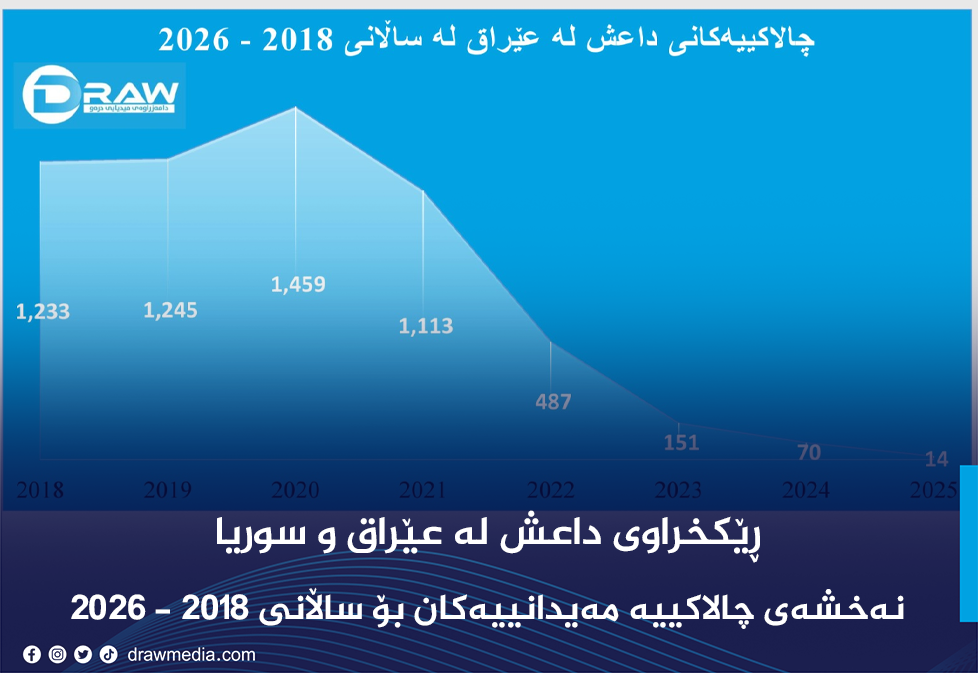
.png)
